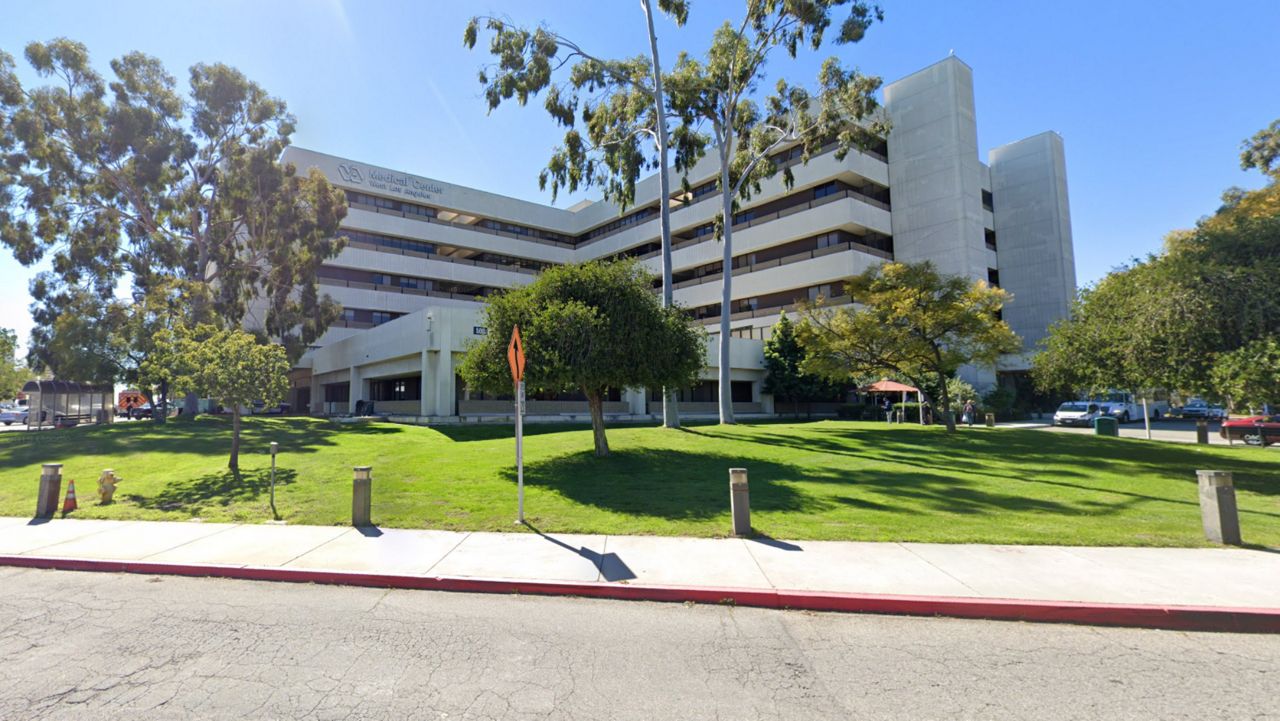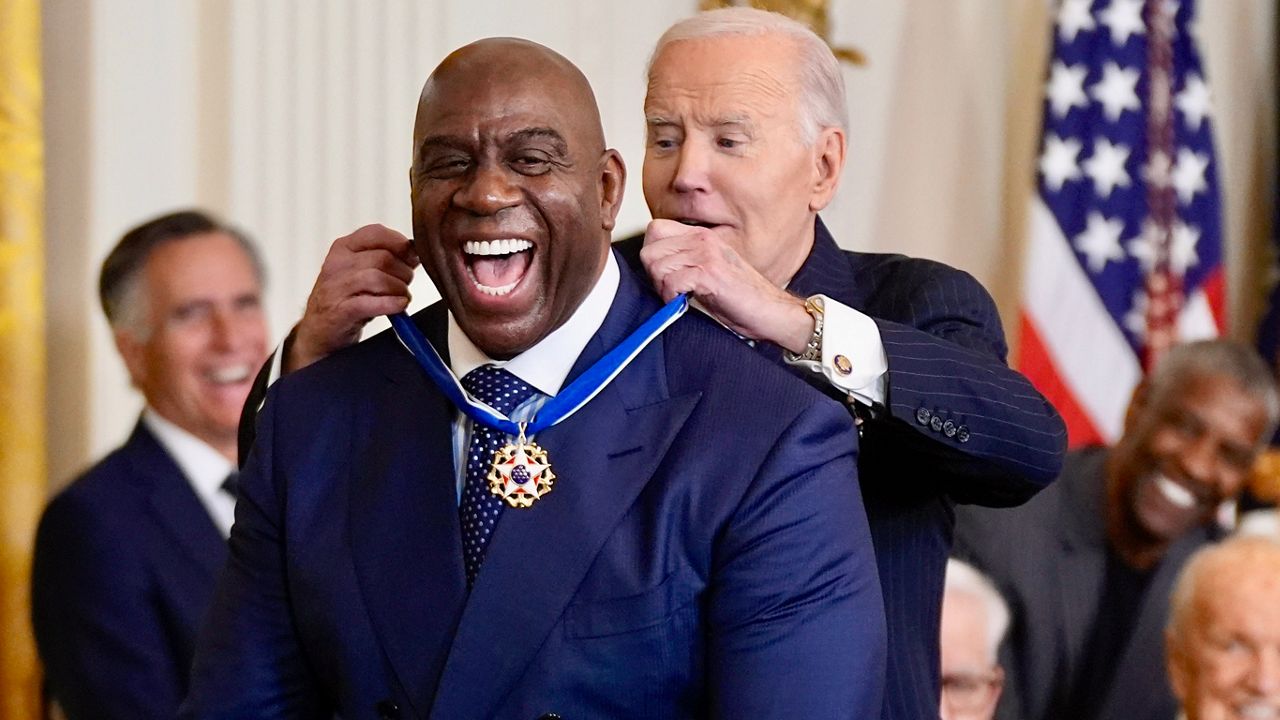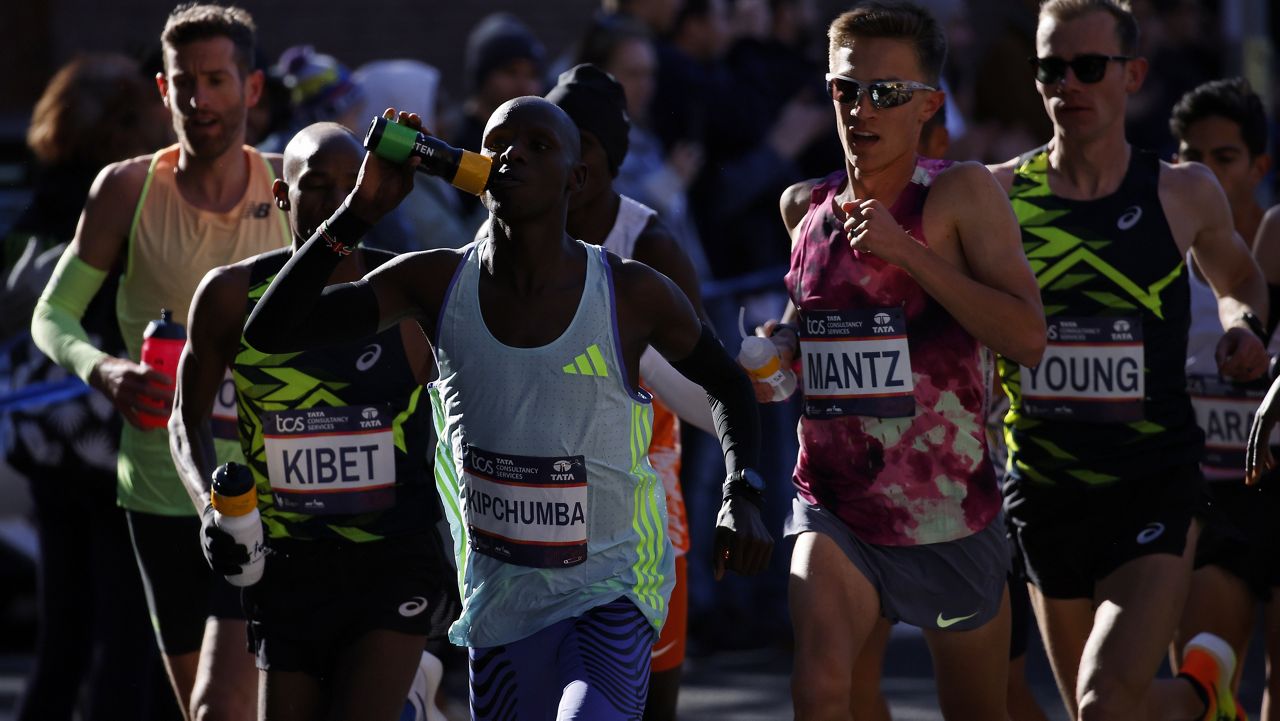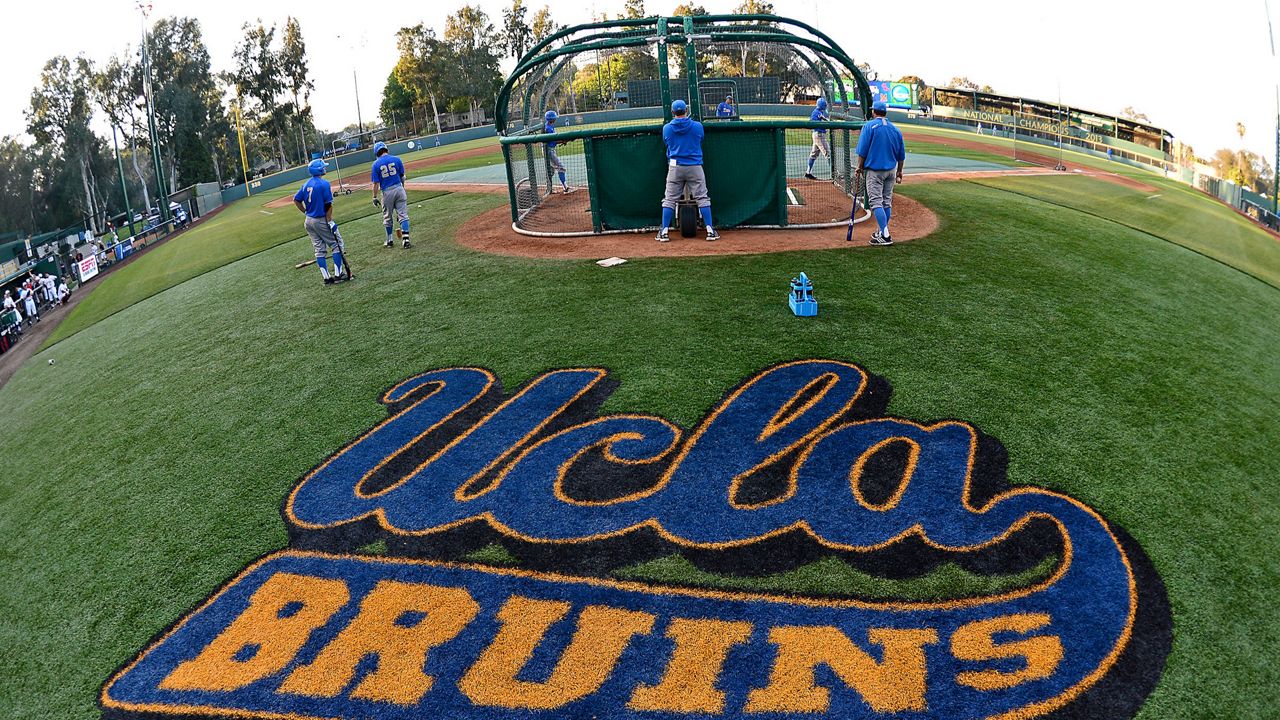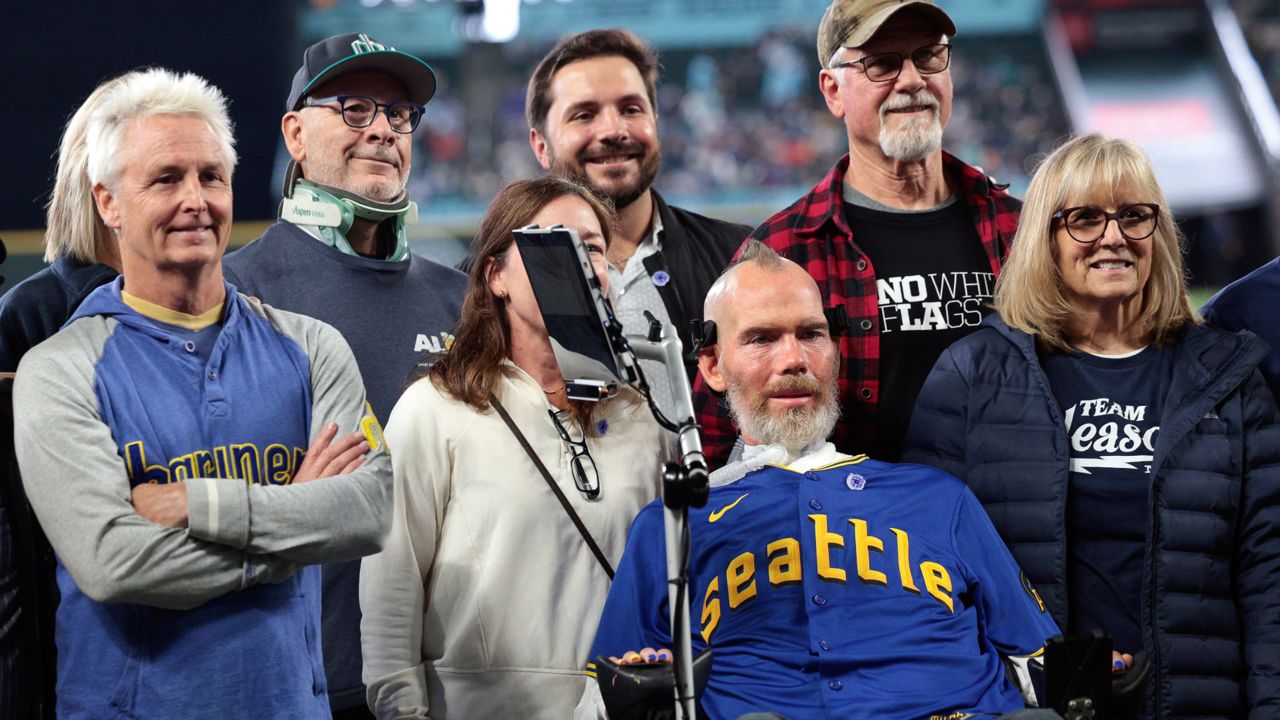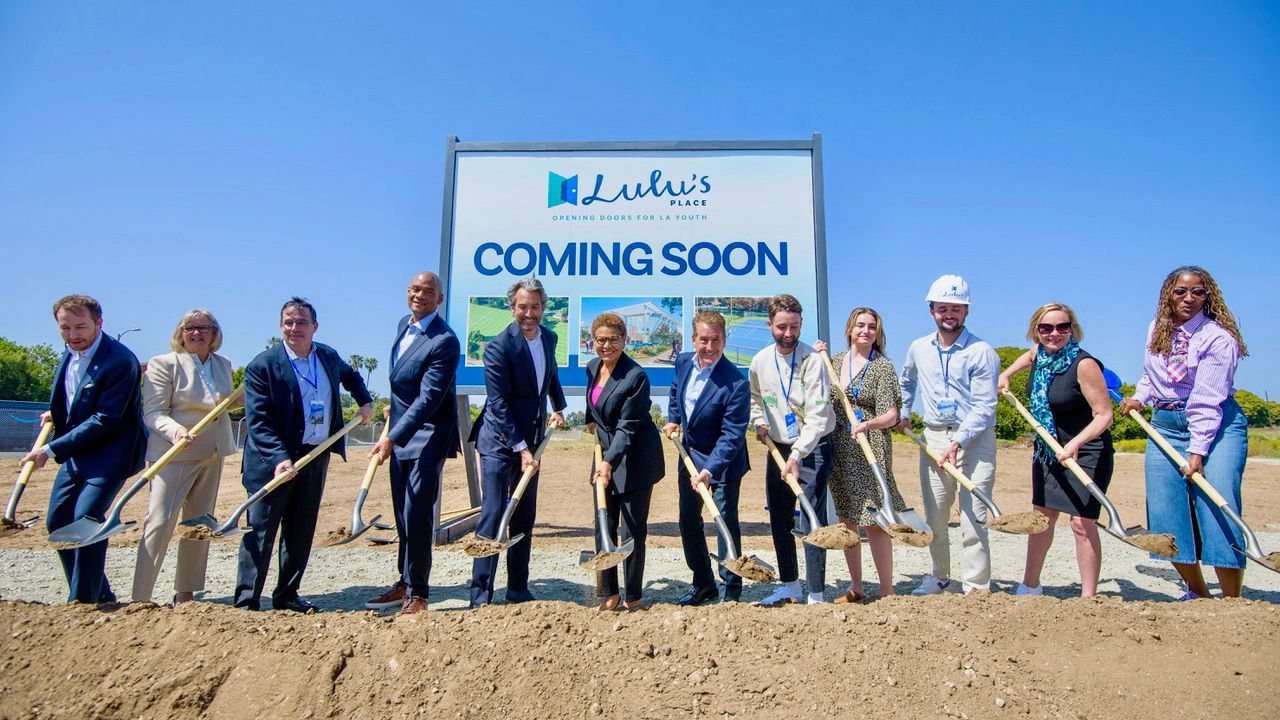LOS ANGELES — In a victory for disabled, homeless veterans, a federal judge Friday directed the U.S. Department of Veterans Affairs to quickly begin construction of veterans housing on its West Los Angeles campus.
Issuing a final judgment and permanent injunction, U.S. District Judge David O. Carter ordered the department to build 750 units of temporary supportive housing within the next 12 to 18 months and an additional 1,800 units of permanent housing by 2030.
To oversee the process and make sure the VA complies in a timely manner, the judge appointed two special monitors, according to the five-page written ruling filed in Los Angeles federal court.
Meanwhile, UCLA remains locked out of its home baseball stadium on VA grounds on Carter’s orders because of the legal dispute over land for veterans housing. The UCLA team is currently practicing at baseball fields throughout the San Fernando Valley.
UCLA will be locked out of the stadium until the university comes up with a plan that satisfies the judge that the 10-acre facility leased from the VA is primarily of service to military veterans.
Carter previously voided all leases on the VA’s West Los Angeles grounds after finding that the land-use agreements were illegal.
As for the private Brentwood School’s athletic center on 22 acres of previously leased VA grounds, a preliminary approval hearing is set for next week to determine if the school’s current proposal is adequate.
Several weeks ago, Carter warned that he would order the school’s sports facility “bulldozed” and its swimming pool “filled with sand” unless the school devised a way for military veterans to be regular users of the athletic center, as well as the students.
The judge issued a strongly worded ruling last month in which he blasted the VA for “turning its back” on the veterans it was designed to help by illegally leasing portions of the campus to UCLA’s baseball team, the affluent Brentwood School, an oil company, and other private interests on the West Los Angeles campus.
Carter also previously ordered one of the oil wells on the campus capped. The well, used to access oil not directly below the campus, is the only one the judge has authority over based on the types of lease agreements involved.
The land was originally deeded to the VA as a soldier’s home for Civil War-era veterans.
The developments stem from a monthlong non-jury trial in August of a lawsuit lodged in federal court against the VA by a group of unhoused veterans with disabilities, challenging land lease agreements and seeking housing on the campus for veterans in need, many of whom are homeless or must travel for hours to see their doctors. The judge, an 80-year-old Vietnam war vet, found for the veterans.
Over the past five decades, Carter wrote in a previous order, the VA in West LA “has been infected by bribery, corruption, and the influence of the powerful and their lobbyists, and enabled by a major educational institution in excluding veterans’ input about their own lands.”
During the trial, the VA argued that it is out of space on its 388- acre campus, and that the lack of available acreage precludes any increase to the 1,200 housing units the agency promised to open by 2030. VA attorneys alleged that any relief ordered by the court would burden the department financially and deprive it of the flexibility needed to solve veteran homelessness.
Ultimately, the court found that veterans are entitled to more than 2,500 units of housing at the campus “and termination of the illegal land-use agreements.”
Carter previously said the court would determine an “exit strategy” for former tenants in order to ensure the land — including the 10 acres rented to UCLA and the 22 acres leased to the Brentwood School — is put to a use that principally benefits veterans.
The judge’s ruling orders the VA to build 750 units of temporary housing within 18 months and to form a plan to add another 1,800 units of permanent housing to the roughly 1,200 units already in planning and construction under the settlement terms of an earlier lawsuit.
Carter found that the VA “has allowed the drastic reduction of the size of the original plot of land deeded in 1888 to be an old soldiers’ home. In a series of lengthy, renewable leases, the VA authorized leaseholders to build permanent athletic facilities — after permitting these concrete structures to be built on veterans’ land.”
The judge held that for years the VA — budgeted at $407 billion annually — has “quietly sold off” land badly needed for injured and homeless military veterans.
VA press secretary Terrence Hayes declined to comment on the judge’s findings regarding the former leaseholders.
A UCLA representative said last month the university and VA have had a “longstanding public service partnership” over more than 70 years.
“Working with the VA to serve veterans continues to be one of our key objectives as part of UCLA’s mission of teaching, research and public service,” according to UCLA. “We are reviewing the judge’s (leaseholder) decision to determine how it will affect our partnership with the VA.”




